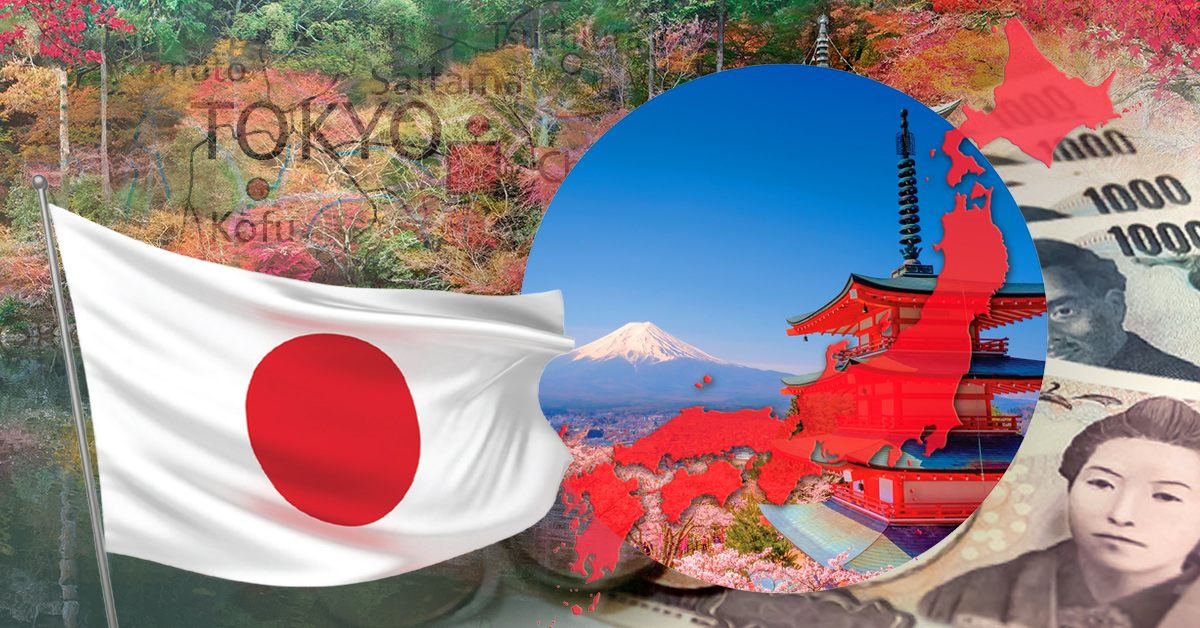Japan, for all of its economic and technological muscle, has been a bit of a dark horse of late when it comes to investing in U.S. commercial real estate.
Not that there haven’t been funds flowing from the Land of the Rising Sun into U.S. properties. Groups that included Japanese investors poured more than $2.2 billion into 35 American properties last year, according to Real Capital Analytics (RCA). But that figure was only good for eighth among overseas investors in 2019, with other Asian sources such as South Korea, Singapore and Hong Kong surpassing Japan on the list of top sources for cross-border capital.
The country’s investors are certainly no strangers to outbound investments in the commercial realm, but Japanese capital has traditionally found its way overseas through more indirect means. Japanese investors have a reputation for being skittish and meticulous overseas players after many big investors in the U.S. property scene in the 1980s and ‘90s were burned following the collapse of Japan’s stock market.
Before the COVID-19 outbreak, however, there were signals that Japan was poised to take on a larger role in U.S. property deals. Outbound investment from Asian countries as a whole dropped 17% year over year in 2019, CBRE reported, with Chinese investors pulling back amid capital controls. But as China retreated, Japan ramped up activity. CBRE noted that direct investment by Japanese investors grew throughout 2019, with investment turnover up 40% annually. The majority of these acquisitions involved U.S. properties, including a downtown Minneapolis office purchase of $144 million by a subsidiary of diversified Japanese giant Sumitomo Corp.
Some observers expected that momentum to carry forward into this year, with Japanese banks releasing more money to investors enthusiastic about diversifying overseas. Asuka Honda, CBRE’s director of research, noted in a report last October that “outbound investment from Japan is expected to continue to increase, supported by a strong appetite among developers and trading companies to expand their overseas business, and a growing desire among institutional investors to seek greater regional diversification of their real estate investments.”
As it has turned out, however, Japan’s foreign-investment momentum has stalled a bit, both into the U.S. and in general. With the Asia-Pacific region hit hard by the novel coronavirus, commercial-property acquisition volume within Japan’s borders dropped year over year by more than 40% in first-quarter 2020, and Japanese investors haven’t yet looked toward the U.S. for safety. Japanese cross-border deal volume into the U.S. was $1.9 billion for the 12 months ending in March 2020, down from $2.2 billion in 2019, RCA reported.
And although no Japanese companies rank among RCA’s list of top 20 cross-border buyers from second-quarter 2019 through first-quarter 2020, two appear among the top 20 foreign sellers of American properties. Some of that exodus is motivated by the ongoing global health crisis but some is less so: Unizo Holdings, for example, went on a Mid-Atlantic office buying spree between 2016 and 2017 but was reportedly headed for a buyout as of this past April.
Ongoing impacts from the pandemic continue to muddy the U.S. foreign-investment picture, resulting in a Japanese-investment outlook that’s too hazy to predict. Will Japanese enthusiasm return once the commercial real estate sphere regains clarity stateside, or will the country’s investors err toward discipline as the global economy recovers? Industry professionals will find out as the rest of 2020 unfolds. ●






